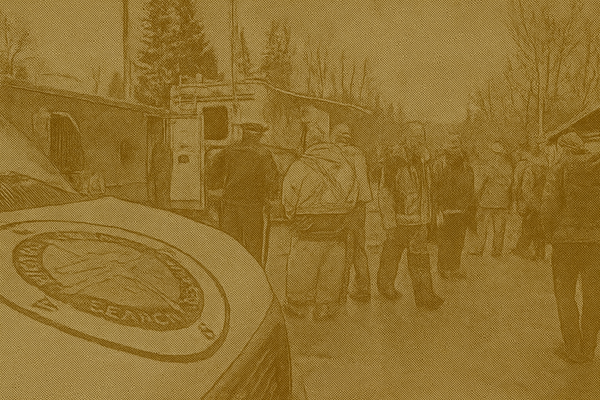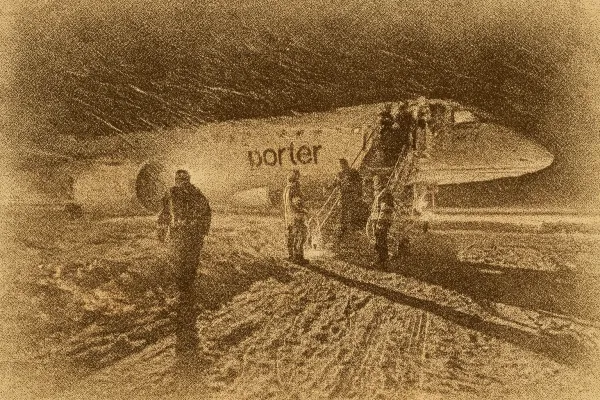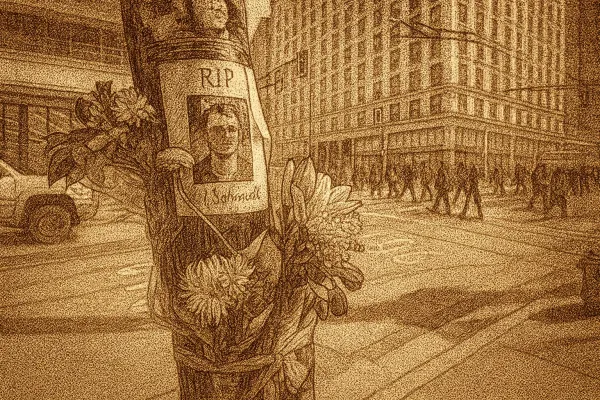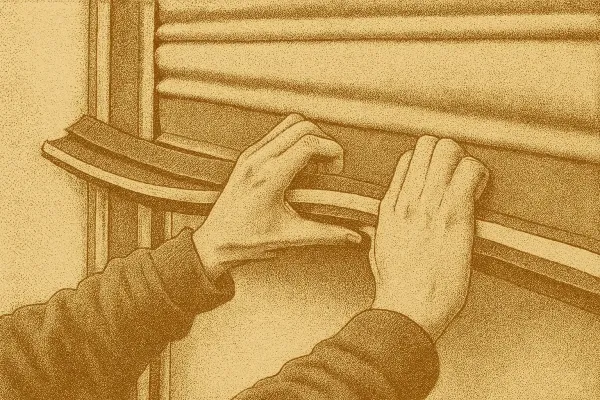Based on coverage from CBC, CTV, Global, and CityNews Halifax.
In the heart of Nova Scotia's rural landscape, a mystery has lingered for over four months, leaving a community in Pictou County grappling with uncertainty and heartache. The disappearance of six-year-old Lilly Sullivan and her four-year-old brother Jack has prompted an exhaustive search effort, which is now entering a new phase with the deployment of cadaver dogs. These specialized teams are set to scour the dense woods surrounding the children's home in Lansdowne Station, a move that has been both anticipated and fraught with emotional weight.
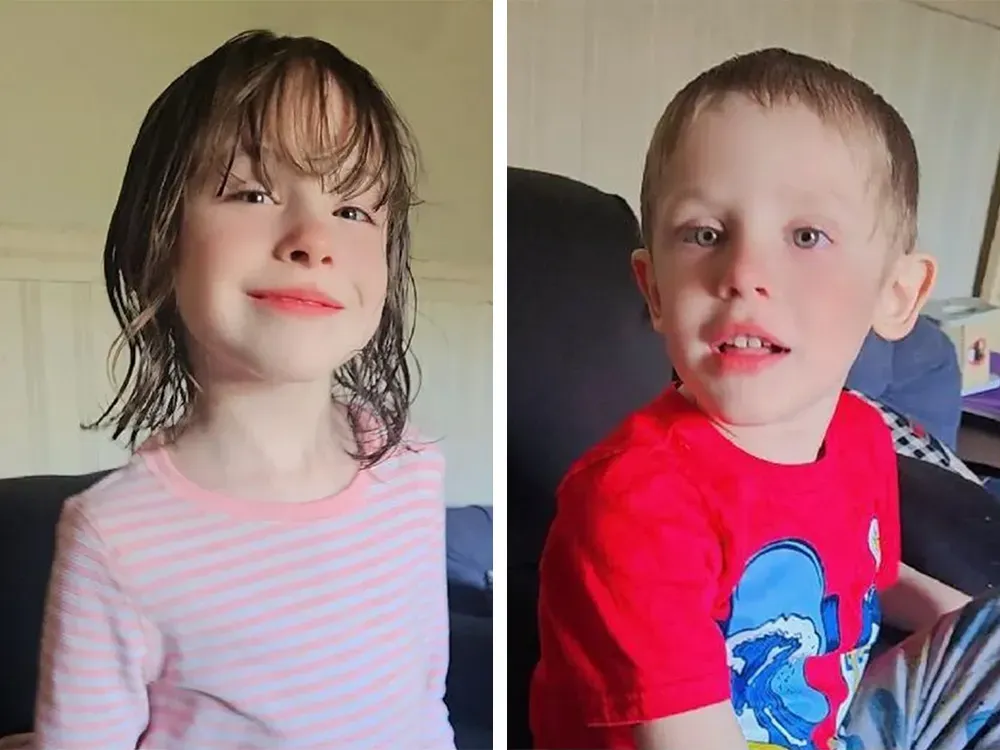
The children were reported missing on May 2, when their mother, Malehya Brooks-Murray, called 911, believing they had wandered away from their home. Despite an extensive search involving 160 volunteers, drones, and helicopters covering an 8.5 square kilometre area, the siblings have yet to be found. Until now, the search efforts have relied on dogs trained to detect living persons or those recently deceased. The introduction of cadaver dogs marks a significant shift, as these animals are adept at detecting the scent of human remains, even in challenging conditions like water or underground.
For the children's paternal grandmother, Belynda Gray, the decision to bring in cadaver dogs is a bittersweet development. "I want them home more than I want to know what happened," Gray expressed, highlighting the emotional toll the prolonged search has taken on the family. Gray, along with Daniel Martell, the children's stepfather, had been advocating for the use of cadaver dogs for months, feeling that this step should have been taken much earlier.
The RCMP, however, maintains that there is no definitive evidence to suggest the children are deceased. Cpl. Guillaume Tremblay emphasized the need to explore all investigative avenues, stating, "We have to keep our minds open and look at all investigative avenues." This cautious approach reflects the complexity and sensitivity of the case, as well as the need to balance hope with the harsh realities of the situation.
The deployment of the cadaver dogs is not without its logistical challenges. There are only a handful of these specialized dogs available across Canada, and none are based in Nova Scotia. Instead, two teams are being brought in from British Columbia, underscoring the national scope of the effort to find Lilly and Jack. Sgt. Dave Whalen, one of the handlers, noted the dogs' remarkable ability to detect remains even years after a person has gone missing, though he cautioned that success depends on various environmental factors.
The investigation has been thorough, with over 800 tips followed up, 8,000 videos reviewed, and numerous interviews conducted. Yet, as the search continues, the community and family remain in a state of limbo, yearning for closure. The RCMP's decision to keep the specifics of the upcoming searches under wraps is driven by a need to protect the integrity of the investigation and ensure officer safety.
As the cadaver dogs prepare to take on this critical role, the hope is that they will uncover new leads or, at the very least, help to eliminate possibilities. For the family and community, each day brings a mix of hope and dread, as they await any news that might bring Lilly and Jack back home. While the search for answers continues, the story of these missing siblings serves as a poignant reminder of the resilience and determination of those who refuse to give up, even in the face of uncertainty.


